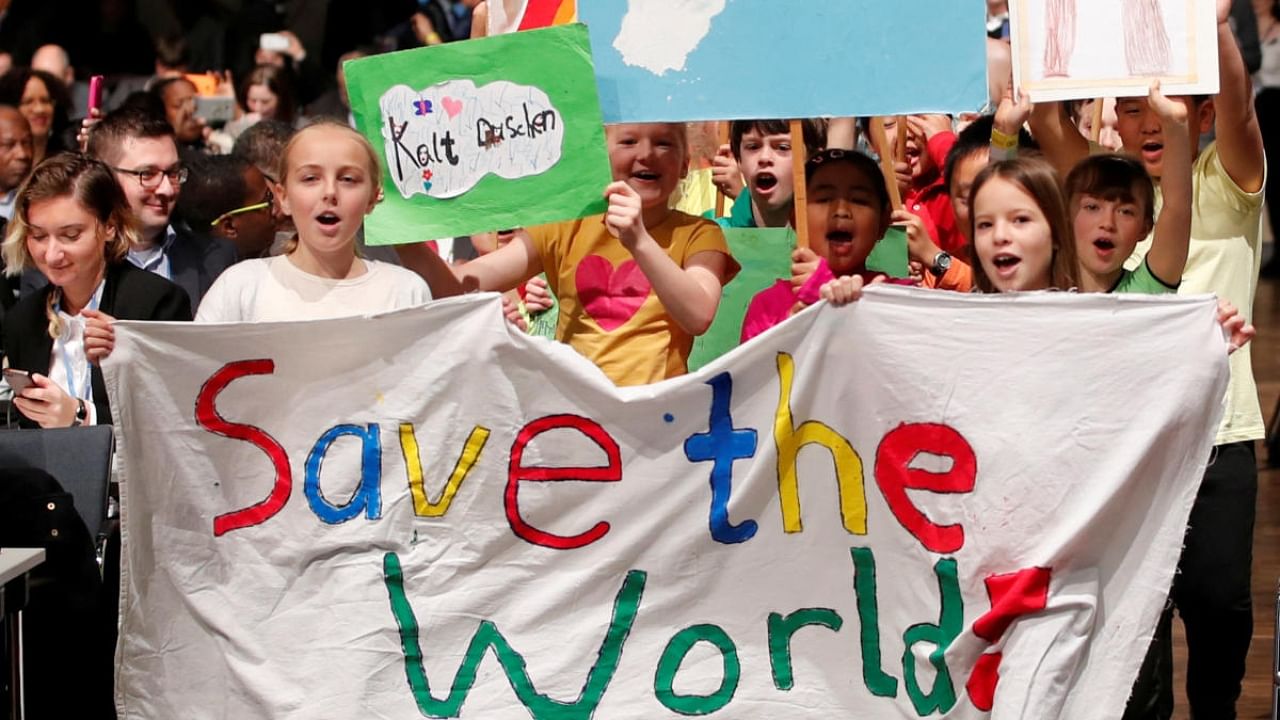
India has done well to upgrade its climate change action targets in the run-up to the Conference of the Parties-27 (CoP-27) at Sharm El Sheikh in Egypt, to be held in three months. The Union cabinet has updated the country’s Nationally Determined Contribution (NDC), a set of long-term goals to cut carbon emissions and adapt to climate impacts. The improvement was over the earlier goals declared by Prime Minister Narendra Modi at CoP-26 in Glasgow last year. He had promised that India would cut greenhouse gas (GHG) emissions for every unit of GDP growth by 35 per cent from the 2005 level and achieve about 40 per cent of its cumulative electricity requirement from non-fossil fuel energy sources by 2030. India had also promised to increase its forest cover and to focus on a healthy and sustainable way of living.
In an enhancement of the targets, the country now proposes to reduce its emission intensity by at least 45 per cent by 2030 from 2005 levels, and to ensure that 50 per cent of total electricity generation would come from renewable sources. It has decided to implement the updated NDC over the 2021-2030 period through programmes and schemes of relevant ministries and departments and with support from states and Union territories. However, the government has said that the updated NDC would not bind it to any sector-specific mitigation obligation or action. “India’s goal is to reduce overall emission intensity and improve energy efficiency of its economy over time, and at the same time protect the vulnerable sectors of the economy and segments of our society,” a statement said.
The government has said that the enhancement shows India’s commitment to decoupling economic growth from GHG emissions. It has said that the new goals were prepared after carefully considering the national circumstances and the principle of common but differentiated responsibilities for countries, and respective capabilities. India’s restatement of its goals is important at a time when the pandemic-hit world is witnessing reduced climate change action. There is also a mood to backtrack on promises. India is in the special situation of having to honour its climate change action obligations while also speeding up growth and development, which are crucial for poverty eradication. Not much has been done till now, and the major task lies ahead. As the government has reiterated, it is important that the developed world meet its obligations to remove finance and technology roadblocks so that the lesser developed countries will be better placed to implement their climate plans. India has, however, not linked this need with its commitments. The world should move together, but the West should lead the effort.